Football Doping Bans: 6 Players Who Got Suspended for Taking Banned Substances
Paul Pogba has hit the headlines. Not for making a move to another club, or whipping out a sensational piece of skill. He has now joined the list of football doping bans.
The French midfielder has received quite a lengthy suspension of four years and with the recent story of Pogba’s ban from football surfacing to the media, scrutiny of drug use in football has never been more prominent.
However, Pogba is not the first to be banned for this offence, and he will not be the last. Here are six players, including Pogba, to be hit with bans for taking banned substances.
Six Players Who Received Football Doping Bans
Rio Ferdinand- 8 Months
One of the most debatable cases of its time, Rio Ferdinand’s lengthy ban in 2004 remains a mystery to this day with claims coming from multiple different sources on Ferdinand’s innocence. Ferdinand to this day continues to plead his innocence.
England’s most expensive defender at the time was suspended for 8 months upon failing to serve a drug test at England’s Euro 2004 camp. This suspension saw him miss the entirety of the tournament. Despite his and the club’s best attempts to fight the decision, he was charged in October of that year by the Football Association for breaching rule E26 after he had ‘failed to submit to drug testing’.
Ferdinand was subsequently handed an eight-month suspension from football and a £50,000 fine.
“I got banned for missing the drugs tests and to prove my innocence that I hadn’t taken any form of substance, I had to let my hair get to two inches so that I could take a hair follicle test that goes back a year or 18 months.”
Rio Ferdinand
Mark Bosnich- 8 Months
The story of Mark Bosninch’s ban is one of the most tragic and dark tales in football’s history. At a disciplinary hearing, the Australian international was found guilty of the two charges brought against him, firstly of improper conduct and, secondly, for testing positive for a banned substance.
To this day, despite admitting to falling in with an addiction to cocaine post-suspension, Bosnich still pleads his innocence in this case, claiming that his drug addiction did not surface until after his suspension. The Australian international was found guilty anyway and was slapped with a lengthy ban that lasted for 9 months.
If the Australian was telling the truth that his use of drugs only happened after his suspension, then it is a tale of a man succumbing to the thought of “I may as well be what they think I am.”
“My life was ruled by drugs and I was a mess. I was staying awake on coke for days on end. It was destroying me.”
Mark Bosnich
Andre Onana- 9 Months
Andre Onana is another goalkeeper on this list of football doping bans. Yet, it is a different case entirely.
This is the first incident involving PEDs (Performance Enhancing Drugs) on this list. The events that transpired to set Onana’s football doping ban in motion followed a 2-2 draw with Atalanta.
Onana, who was playing for Ajax at the time claimed to have felt a strong headache, taking paracetamol from his kitchen’s medical supply to lessen the pain.
Following this, he was called for a routine drug test with his club, thinking nothing of it. Two days later the analysis arrived, and the goalkeeper was informed, when he was with Cameroon, that he had tested positive for a banned substance.
Onana’s claims of a mistake being made were acknowledged. It was found that the keeper had taken LASIMAC, a furosemide-based diuretic., prescribed to his wife after giving birth.
Despite his story adding up, the ban was not overturned but simply reduced. Perhaps, a bit more leniency should have been given, as this is certainly not close to the level of the other football doping bans on this list.
“I just want to clarify that everything was the result of human error. I mistook a drug with a WADA banned substance for simple aspirin. The drug was prescribed to my girlfriend and I mistakenly took it for an aspirin as the packaging was almost identical, which I deeply regret”
Andre Onana
Diego Maradona- 15 Months
Arguably the most well-known story on this list, Diego Maradona’s ban from football is synonymous with one of the greatest footballers to ever play the game. And it wasn’t just one time. He has two football doping bans.
Diego Maradona was banned from football on two separate occasions, both suspensions lasting 15 months. The first came in the year 1991, testing positive for cocaine during his time with Napoli and being banned from all competitions for 15 months.
Despite this ban, Maradona managed to regain his place in Argentina’s 1994 World Cup squad, before immediately being sent home and subsequently banned again for 15 months, after testing positive for a cocktail of drugs, including ephedrine.
Maradona’s career, while illustrious, was forever tainted by his problem, and following his second ban, in 1997. He hung up his boots for good.
“I was 24 when I started taking drugs. I was at Barcelona. It was the biggest mistake I’ve ever made in my life.”
Diego Maradona
Roman Eremenko – 24 Months
The story of Roman Eremenko is one of the lesser-known football doping bans. Yet, it is one of the longest.
On October 6, 2016, the Finnish international was handed a 30-day suspension from UEFA, where he was then subsequently banned for two years on November 18, 2016. The former CSKA Moscow midfielder tested positive for cocaine and despite his appeals, the ban was upheld.
Eremenko spent the majority of his career in Russia, and when he was allowed to return, he had stints at Spartak Moscow and Rostov.
At the age of 36, he now plies his trade in the fourth tier of the Finnish football pyramid.
Paul Pogba – 48 Months
The current story sweeping all of the headlines, Paul Pogba’s recent ban has brought a stern eye on all drug cases relating to football recently, with the Frenchman picking up one of the most significant football doping bans in history.
Paul Pogba was banned for four years for a doping offence earlier this season and was provisionally suspended by Italy’s national anti-doping body, Nado Italia, at a tribunal in September last year. The 30-year-old tested positive for testosterone – a banned substance – after Juventus’ 3-0 league win at Udinese on August 20th, with a B sample confirming the positive result in October. A Juve spokesman said that “this morning we received the notice from the anti-doping agency that [Pogba] has been disqualified for four years”. Pogba, whose club contract runs until 2026, has confirmed he will appeal to the court of arbitration over what he called an “incorrect” verdict.
“As a professional athlete I would never do anything to enhance my performance by using banned substances and have never disrespected or cheated fellow athletes and supporters of any of the teams I have played for, or against.”
Paul Pogba


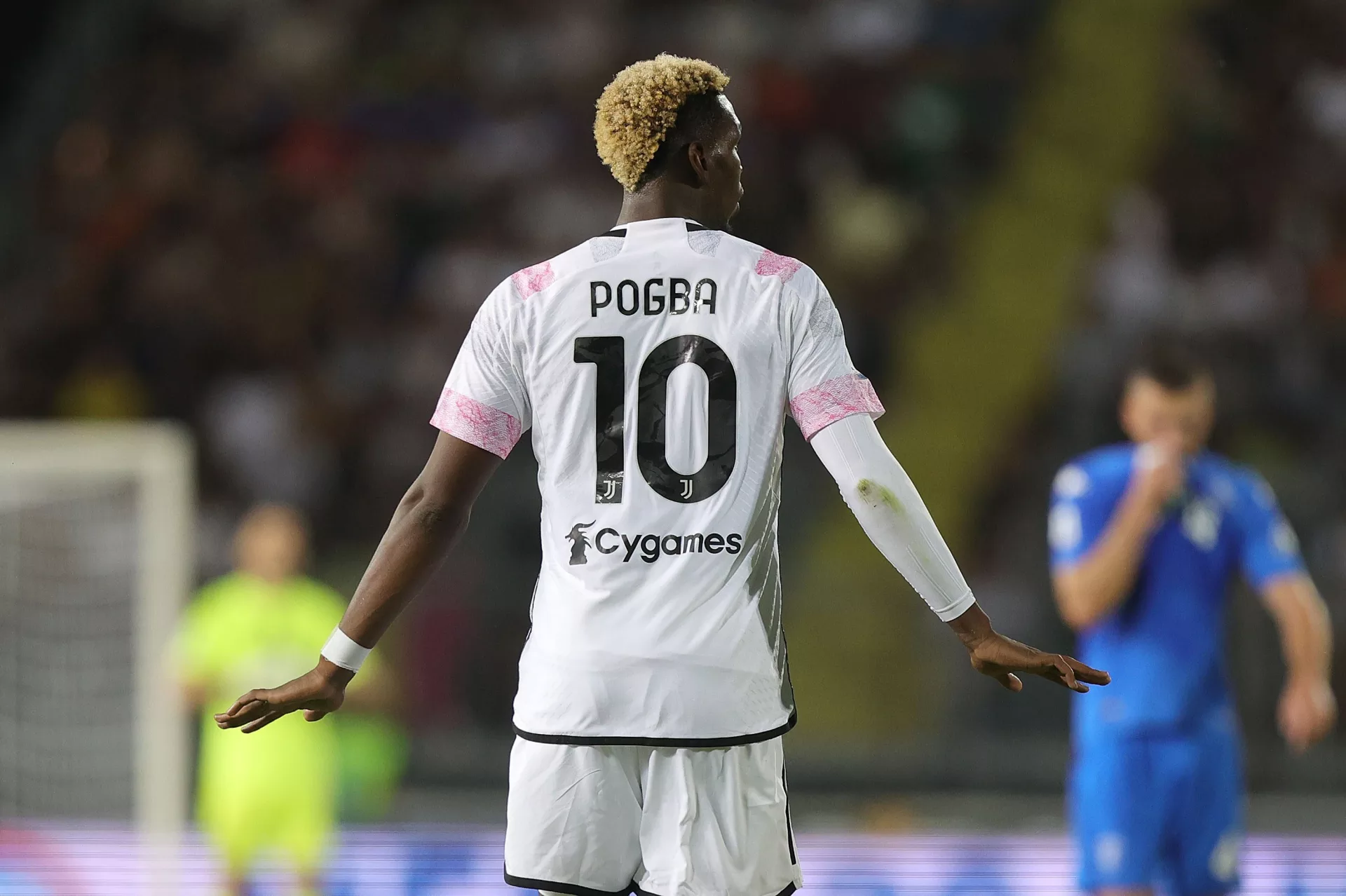
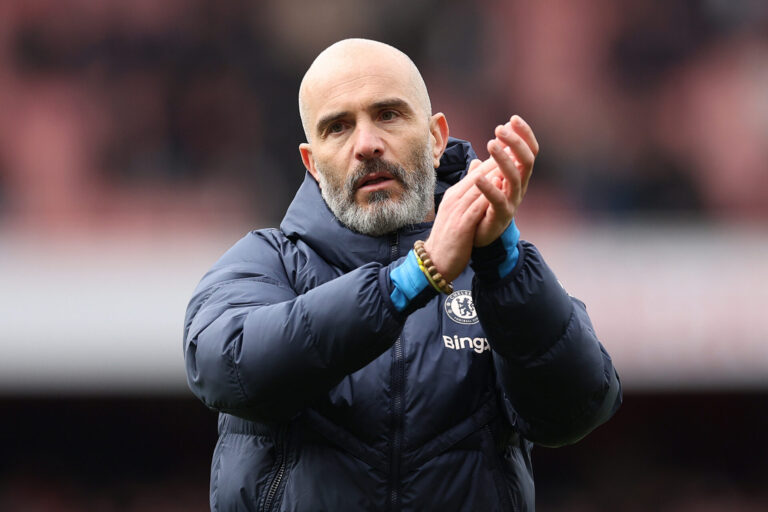
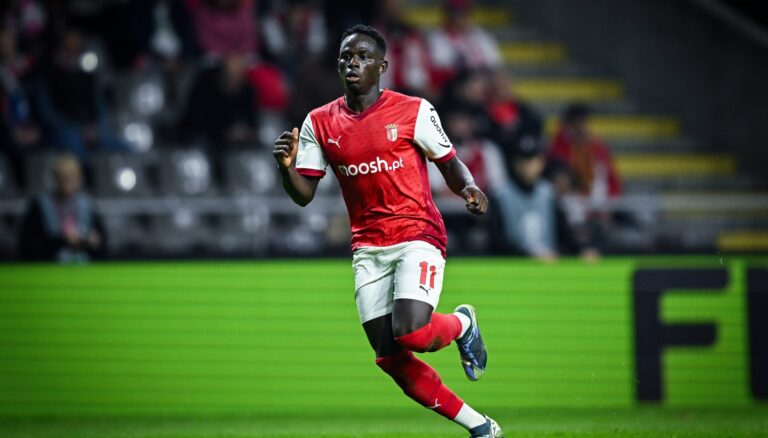

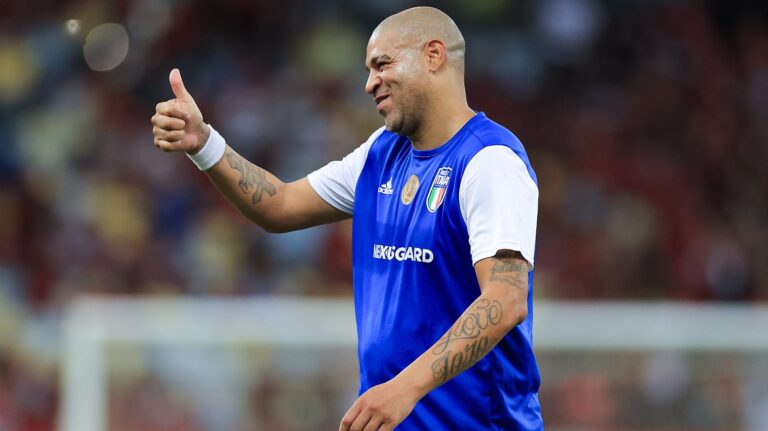
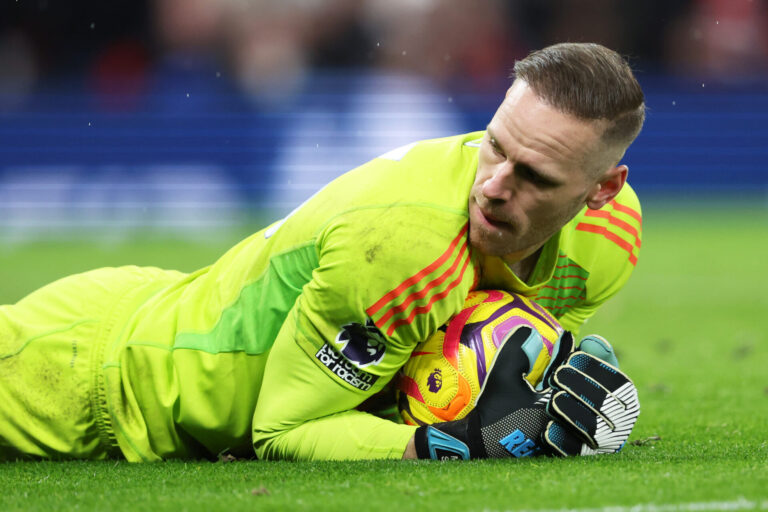
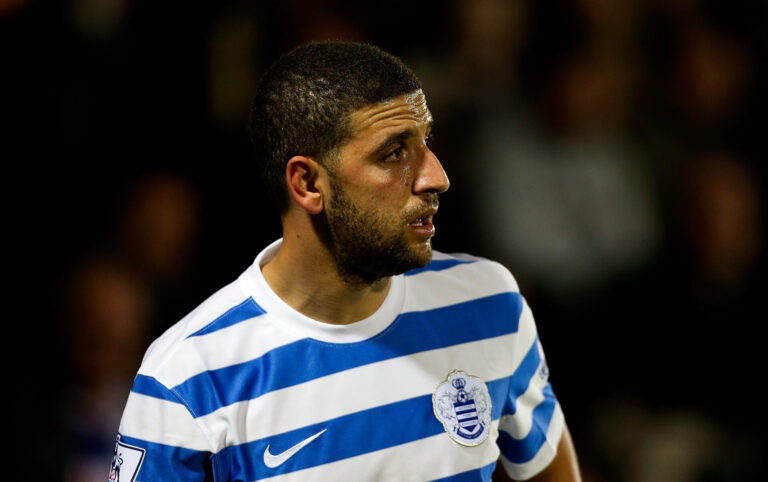
One Comment